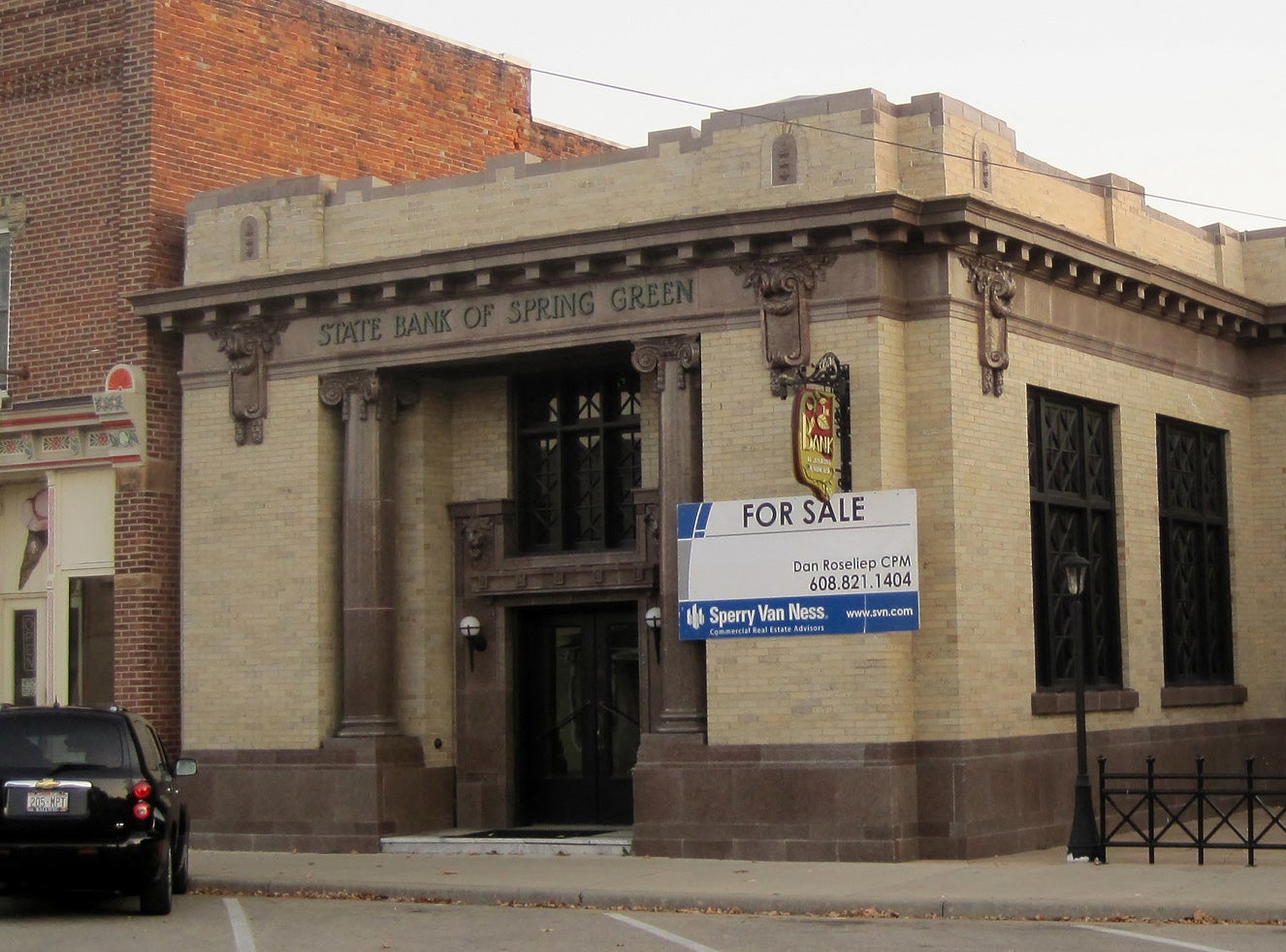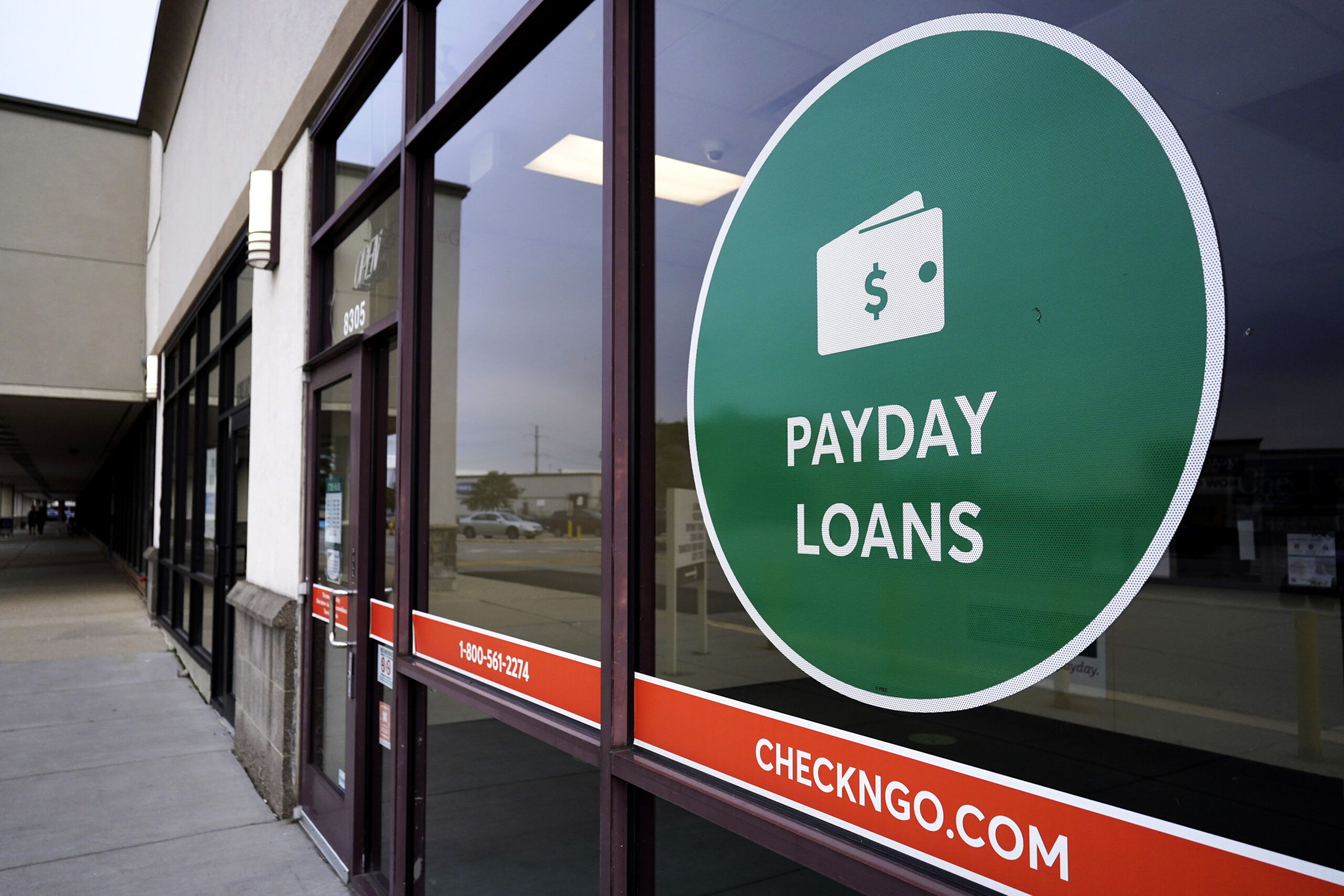Wisconsin saw more consolidation of banks in 2016 than in years past. The Wisconsin Bankers Association reports 21 banks announced mergers last year compared to a dozen in 2015.
Regulatory compliance, among other issues, are driving some to sell, said Rose Oswald Poels, the association’s president and CEO.
“Since the Great Recession, we’ve really seen the pendulum swing to the negative for banks and their consumers when it comes to regulatory burden,” she said. “It’s resulted in a lot of extra unnecessary costs for the banking industry, many of which have been passed on to consumers. But, importantly, it’s also resulted in some delays in terms of the timing of being able to close loans, particularly in the mortgage lending sector.”
Stay informed on the latest news
Sign up for WPR’s email newsletter.
Oswald Poels said smaller banks have also struggled to find efficiencies with expenses related to technological improvements and staffing. There are 231 state and federal banks headquartered in Wisconsin, she said. The number of state-chartered banks has dropped from 223 to 170 since the beginning of the financial crisis, according to Wisconsin Department of Financial Institutions figures.
In addition to regulation and business expenses, some banks are selling because they’re struggling to find new talent. Lon Roberts, secretary of the WDFI, said some shareholders are also cashing out on their investments.
“Many of our community banks are owned by community citizens who are getting older and looking for a way to either realize on their investments in these community banks or find a way to transfer ownership from one generation to the next,” he said.
Last year, the WDFI projected the state might see as many as 20 to 25 mergers of state-chartered institutions.
“We finished the year with about 19 or 20 of those transactions taking place. We think it’s conceivable those kinds of numbers might be reached in the coming years,” Roberts said. “Those are just estimates. A lot of what will happen will really depend on a whole variety of factors as to whether transactions in the financial service industry will continue.”
Oswald Poels expects consolidations to continue, but she said she believes they may have reached their peak in 2016. Dawn Staples, president and CEO of Superior Savings Bank, said they’ve been watching mergers and acquisitions “go up like crazy” in the last year. She agreed smaller banks have had a more difficult time keeping up with regulation.
“We have the same regulatory environment basically that the US Bank’s and the Wells Fargo’s have where they have people dedicated to work on a certain policy,” Staples said. “We have one person who works on all of the policies.”
Staples said a merger may be a possibility for her bank in a decade or two if regulations remain the same. She would like to see regulations tailored to a bank’s size.
Willard Ogren, president of Security State Bank in Iron River, said he would like to see the Dodd-Frank Act amended or repealed under President-elect Donald Trump. The Dodd-Frank Act introduced regulatory reforms to Wall Street and the banking industry in 2010 to prevent another financial crisis. Ogren, who has spent more than 60 years in banking, said the legislation caused strife for small-town banks. He said requirements for independent appraisals and delays on closing mortgage loans have impacted the way they do business.
“A community is not Wall Street,” Ogren said. “I would say 90 percent of the people that walk in the door here bank with us because they know us and the family has dealt with us for years.”
Oswald Poels is optimistic Congress will introduce reasonable changes for the mortgage lending sector to give banks greater flexibility under the next administration.
“We’re not requesting that Dodd-Frank be entirely repealed” Oswald Poels said. “And I think the protections that are in place that are positive for ensuring the nation’s economy in the future are not aspects of Dodd-Frank that we’re asking to be amended.”
Roberts expects the incoming administration to review bank regulation extensively, but he said it’s too early to tell whether significant changes will be made in the foreseeable future. He said regulators view the industry as “very safe and very sound” with increases in both net income and lending.
“It’s learned its lessons with respect to the financial crisis,” he said.
The Wisconsin Bankers Association will present its outlook for 2017 at a luncheon Thursday in Madison.
Wisconsin Public Radio, © Copyright 2024, Board of Regents of the University of Wisconsin System and Wisconsin Educational Communications Board.




